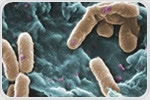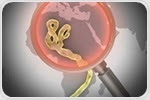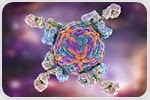| ||||||||||||||||||||||||||||||||||||||||||
| ||||||||||||||||||||||||||||||||||||||||||
| ||||||||||||||||||||||||||||||||||||||||||
| ||||||||||||||||||||||||||||||||||||||||||
| ||||||||||||||||||||||||||||||||||||||||||
| ||||||||||||||||||||||||||||||||||||||||||
jueves, 24 de enero de 2019
Infectious Diseases - Jan 23, 2019 Edition | Medical News | Medical Articles
Medical News | Medical Articles
Suscribirse a:
Enviar comentarios (Atom)











































No hay comentarios:
Publicar un comentario